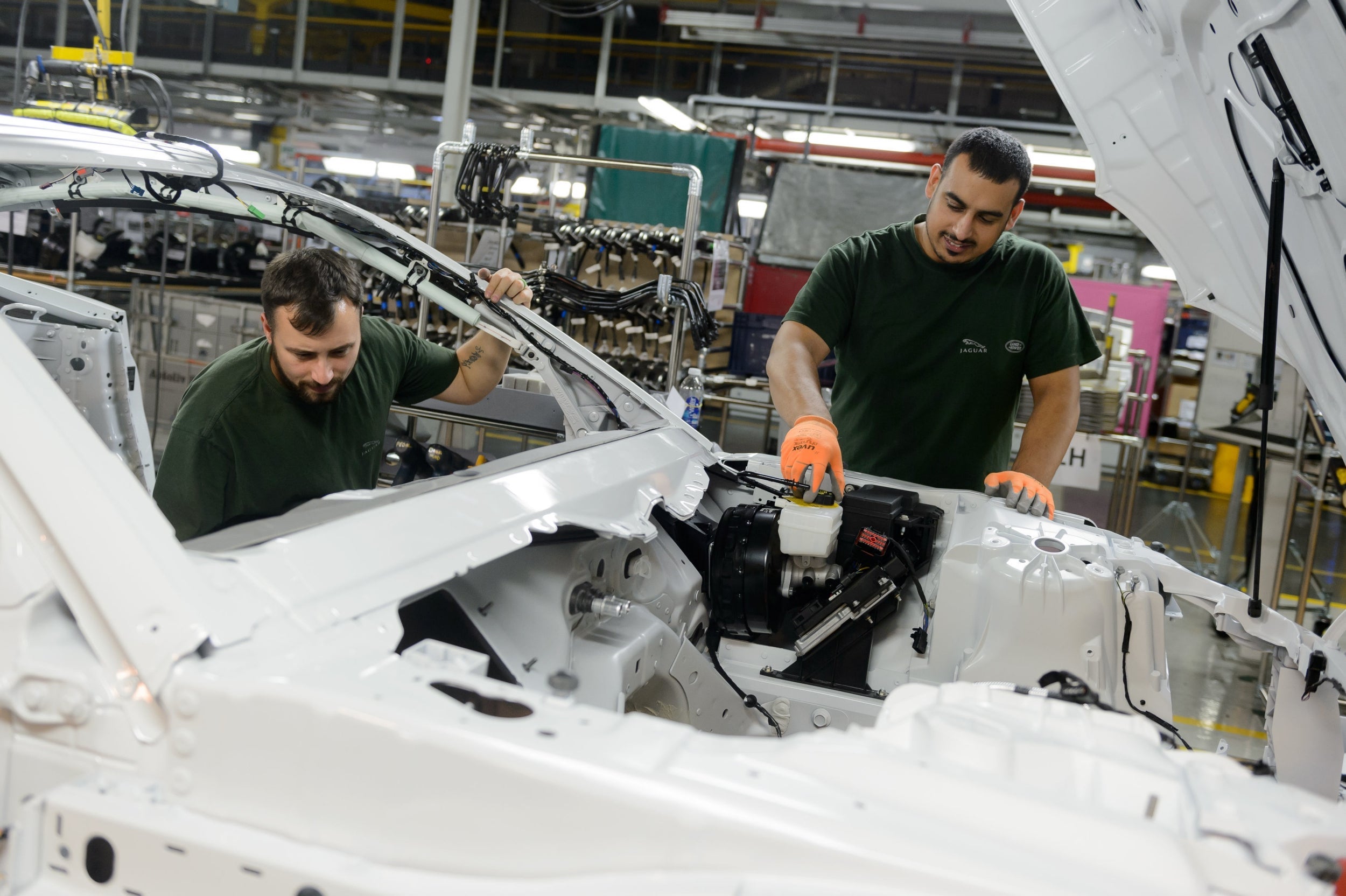UK productivity posts sharpest fall in five years, boding ill for pay rises
Bank of England attributes recent weakness in productivity mainly to Brexit

UK labour productivity – key to higher living standards – fell in the second quarter, when the biggest drop in five years was recorded.
Output per hour worked declined 0.5 per cent from a year ago, the Office for National Statistics said on Tuesday. That followed three quarters of falling or stagnant productivity, boding ill for wage growth, which tends to track increases in productivity.
On the more volatile quarter-on-quarter measure, productivity fell 0.2 per cent in the April-June period.
Britain’s workforce now produces less per hour than at any point in the last two years.
“Businesses may have more immediate concerns than raising productivity, but it’s the only way to increase pay packets in the long term,” said Jon Boys, labour market economist at the Chartered Institute of Personnel and Development (CIPD), the professional body for HR specialists.
“There is an obvious culprit and that’s uncertainty. Government needs to reduce uncertainty, so businesses aren’t deterred from investing for the future.”
Likewise, the Bank of England attributes the recent weakness in productivity mainly to Brexit. In a paper published in August, the bank estimated that over the past three years, the drawn-out process of leaving the EU has reduced UK productivity by between 2 and 5 per cent.
According to the central bank, one of the ways in which Brexit uncertainty has dented productivity is by discouraging investment in better equipment and software – spending that improves efficiency in the long run.
Instead, as a growing number of economists argue, businesses have preferred to hire more people because they can let them go if their revenues fall.
It is this strong but potentially temporary demand for workers, rather than improving productivity, that has boosted wages in recent months, according to Mr Boys at the CIPD.
“We mustn’t be fooled by recent strong earnings-growth figures, which have been driven by a tight labour market and not an increase in employers’ ability to pay,” he said.
Tej Parikh, chief economist at the Institute of Directors, pointed to another factor holding back investment: many companies are building up “a cash cushion in anticipation of challenging economic conditions ahead”.
The slowdown in productivity since the EU referendum came on top of stagnation since the financial crisis, dubbed “the productivity puzzle” as economists have struggled to find a single definitive explanation for it.
“Policymakers have been distracted from putting together the various pieces of the productivity puzzle, ranging from the skills agenda to infrastructure improvements,” said Mr Parikh.
“It will take a while before recent pledges by the government on road and broadband networks filter into the productivity numbers.”
Subscribe to Independent Premium to bookmark this article
Want to bookmark your favourite articles and stories to read or reference later? Start your Independent Premium subscription today.

Join our commenting forum
Join thought-provoking conversations, follow other Independent readers and see their replies